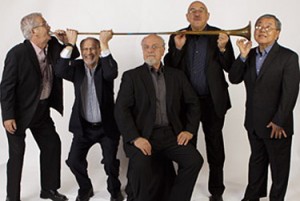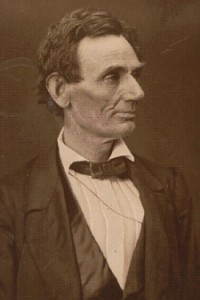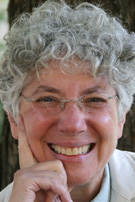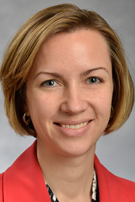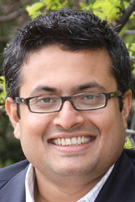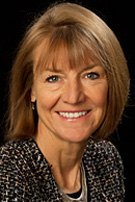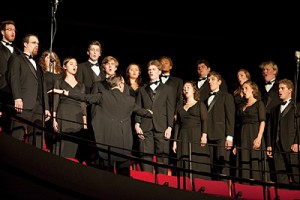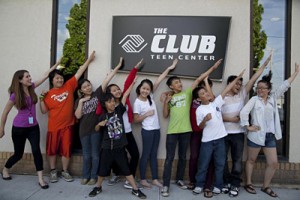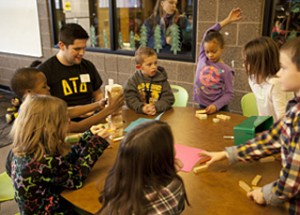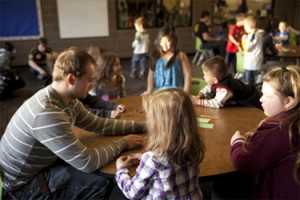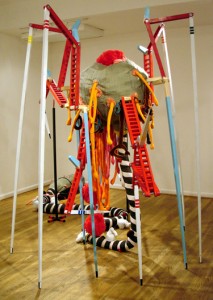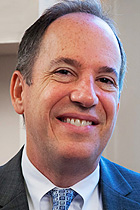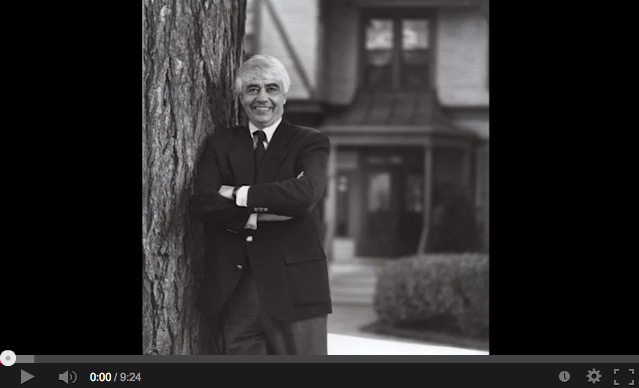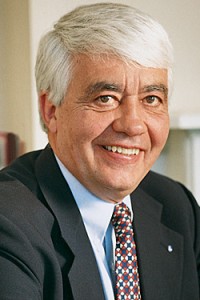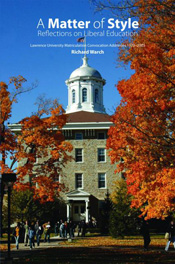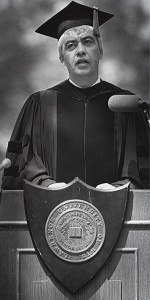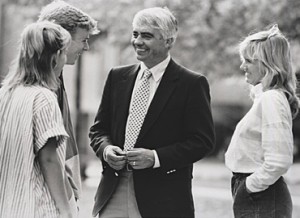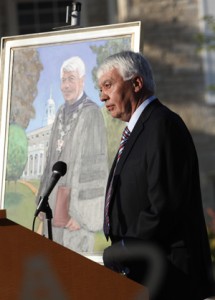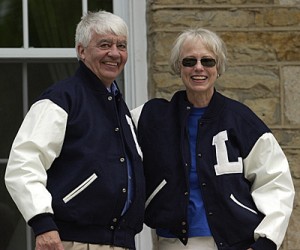Lawrence University has been awarded a $125,000 grant from the Great Lakes Higher Education Guaranty Corporation to support the college’s student internship program.
The grant, part of Great Lakes’ 2013-14 Career Ready Internship Initiative, will provide funding to create new, paid internships for Lawrence juniors and seniors and to convert currently unpaid internships into paid ones.
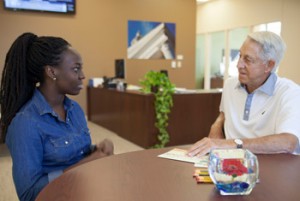
The goal of the program is to “level the playing field” by providing opportunities for all students to work in their field of study while still in college, not just those who can afford to go without a salary. When students are unable to participate in an internship for financial reasons, they miss out on invaluable, real-world experience that can make them more competitive in the job market after graduation. Internships supported by the grant will be made available to students who qualify for need-based financial aid.
“The career services team is excited to be able to offer students this financial assistance to help them explore their options for ‘Life After Lawrence NOW,’” said Mary Meany, dean of Career Services. “The grant not only helps students in need, but organizations that otherwise would not be able to offer opportunities and in turn service their client base. It’s a win-win all around.”
Career Services Offers Multiple Resources
Lawrence’s internship program, conducted within Career Services, provides students numerous resources for understanding, exploring and securing internships.
“Internships 101” teaches students about internship search tools, resources, and the support provided by Career Services. Think Globally Explore Locally site visits offer students on-site glimpses into the workplace while promoting the Fox Valley area as a microcosm of the national and global job market. Employer-led information and tabling sessions provide students with important data about different organizations, including currently or upcoming open positions.
Annual career trips to larger cities around the Midwest expose students to organizations within fields of study and help build relationships with employers, especially alumni employers. Shadowing and networking opportunities during academic breaks enable students to “jump start” an internship or test out an organization or career field before engaging in a full internship.
Lawrence is one of 19 Wisconsin colleges and universities to receive some of the more than $2.5 million in Career Ready Internship Initiative grant funds awarded by Great Lakes. Schools will collaborate with businesses and nonprofit organizations across the state to create the new paid internships.
“Research shows that college students who gain experience through a paid internship are 67 percent more likely to receive at least one job offer after college than peers without internships,” said Richard D. George, Great Lakes’ President and Chief Executive Officer. “The Career Ready Internship Initiative will give nearly 1,300 Wisconsin college juniors and seniors the chance to benefit from paid internships in their fields of study — and a better chance at competing with wealthier peers after graduation.”
About Lawrence University
Founded in 1847, Lawrence University uniquely integrates a college of liberal arts and sciences with a nationally recognized conservatory of music, both devoted exclusively to undergraduate education. It was selected for inclusion in the Fiske Guide to Colleges 2014 and the book “Colleges That Change Lives: 40 Schools That Will Change the Way You Think About College.” Individualized learning, the development of multiple interests and community engagement are central to the Lawrence experience. Lawrence draws its 1,500 students from nearly every state and more than 50 countries.
Great Lakes Higher Education Corporation
Knowing that education has the power to change lives for the better, Great Lakes Higher Education Corporation & Affiliates helps millions of students pay for college and repay their student loans. Through Community Investments, Great Lakes leads initiatives and funds programs that help students from traditionally underserved backgrounds start and complete a two- or four-year degree or other credential. Since 2006, Great Lakes has committed more than $90 million in funding to programs that share these goals. For additional information, visit mygreatlakes.org/community.
